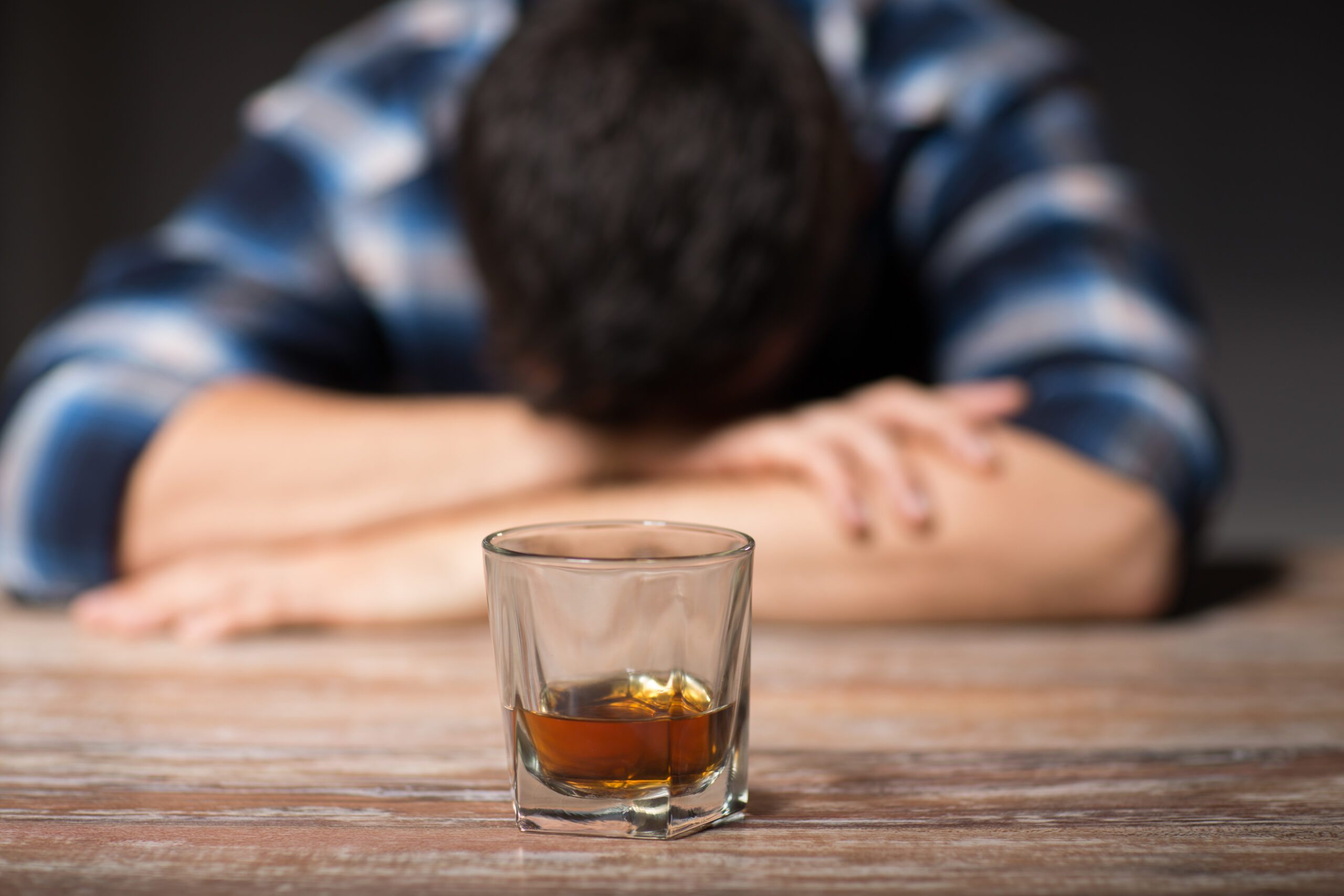A holistic approach to drug addiction treatment has become increasingly popular in the world of recovery as more and more therapies are incorporating it into their programs.
But what is a holistic approach to drug addiction treatment? And does it actually work?
What’s a Holistic Approach to Addiction Treatment?
The holistic approach to addiction treatment aims to address the addict’s physical, mental, emotional, social, and spiritual well-being.
Instead of simply treating the symptoms of addiction, holistic treatments aim to address the underlying causes.
In its simplest form, the therapy combines Eastern and Western medicinal approaches in the hope that balancing all aspects of our health can help addicts avoid relapsing into addiction.
A holistic treatment aims to improve the individual’s overall well-being rather than target a specific symptom.
Almost all addiction treatment centers today offer holistic therapies as part of their recovery programs.
Examples of Holistic Approaches to Addiction Treatment
Addicts can choose from a variety of holistic treatments. The following are some examples of holistic addiction recovery treatments:
- Biofeedback and Neurofeedback
- Art, Music, or Writing Therapy
- Yoga
- Nutritional Therapy
- Exercise
- Herbal and Plant Medicines
- Acupuncture
- Reiki
- Hydrotherapy
- Aromatherapy
- Sound Therapy
- Shamanic Healing
- Energy Healing
- Breathwork
- Hypnotherapy
- Kirtan
- Tai Chi
- Meditation and Mindfulness
- Massage Therapy
- Experiential Therapy
- Nature Therapy
- Equine Therapy and other Animal Therapies
Advantages of a Holistic Drug Addiction Rehab
The underlying motivation for addiction remains largely unclear, despite scientific findings indicating various factors such as trauma and peer pressure.
Regardless of the origin, adopting a comprehensive approach empowers individuals struggling with addiction to better address their overall well-being. This, in turn, cultivates strength, confidence, and other beneficial attributes that aid them in overcoming the challenges of recovery.
As an example, an addict may use breathwork to reduce stress. Stress is well documented as an influence on relapse. Addicts can stay sober by avoiding it through a holistic approach.
Mindfulness, meditation, yoga, and hypnosis can also help the addict manage stress, during and after rehab.
There have been cases where hypnosis and neuro-linguistic programming have helped addicts manage their cravings.
There is also a spiritual perspective to consider. Spiritual 12-step groups are evidence of this. It is possible to survive addiction by utilizing holistic spiritual approaches and finding strength from a higher power.
Addicts who are undergoing rehabilitation can also benefit from holistic therapies.
Acupuncture, for instance, can help addicts cope with anxiety and withdrawal symptoms during detox. The program can also improve sleep habits.
Exercise and nutrition have also proven to be effective ways to manage addiction. Regular exercise may reduce anxiety and stress levels. Taking care of your nutrition is also essential for a healthy recovery.
Who Can Benefit Most From a Holistic Approach to Drug Addiction Treatment?
A holistic approach to drug addiction treatment is ideal for those dealing with both addiction and mental health issues like depression, anxiety, or trauma.
By integrating various therapy modalities holistic treatments are able to support both addiction recovery and mental wellness, making it an excellent treatment for addicts suffering from a co-occurring disorder.
For those looking for long-term recovery, a holistic approach to drug addiction treatment is a game-changer. It equips recovering addicts with the tools and strategies they need to maintain their sobriety in the long run, not focusing only on their rehab stay.
Is a Holistic Approach to Drug Addiction Treatment The Real Deal?
While scientific evidence may not conclusively prove the superior effectiveness of a holistic approach, the world of holistic therapy offers a number of ways to enhance overall well-being.
These therapies are widely embraced for their potential to contribute to recovery. They also empower individuals to maintain their journey toward recovery by cultivating a nourishing, stress-free lifestyle.
Getting Help
Are holistic treatments right for you? If so, you might want to check out our recovery services at Elysium Healthcare. We pride ourselves in providing bespoke recovery treatments that treat the root cause of the problem, not the symptoms.
Contact Elysium today and find out how we can help you recover.










